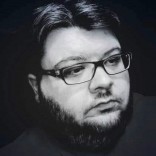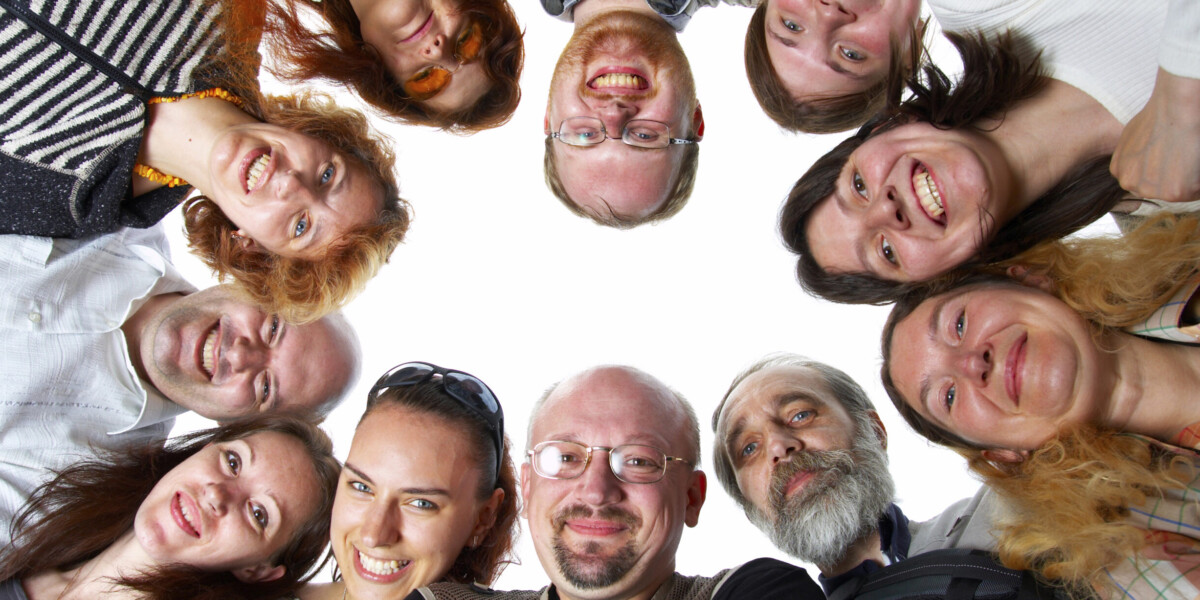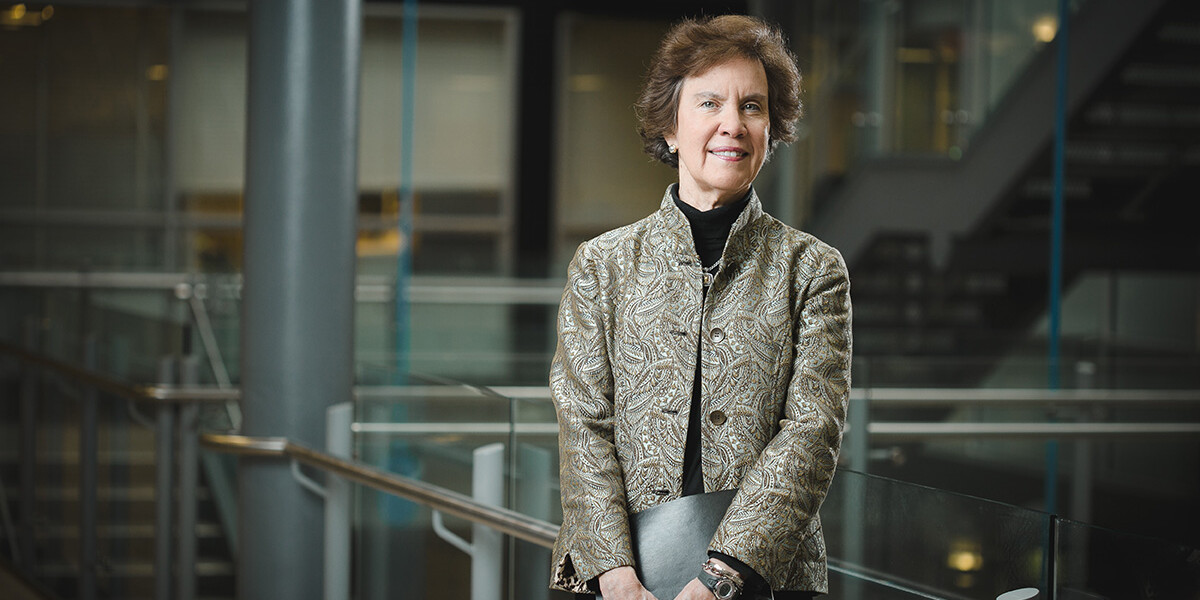A family story sparked Shawn Logan’s interest in end-of-life care. The story was so moving that Shawn, who is pursuing a career as a mental health clinician, decided he had to learn more.
We talked to the Kentucky resident, who enrolled in the UVM End-of-Life Doula Professional Certificate Program last year, about death, dying, and why he wants to help others with end-of-life care.
Tell us the story about your family.
A couple of years ago, I had a conversation with my grandmother. She was planning her final wishes and the conversation turned to her brother, Alton, who died at age 3 from diphtheria. She went on to explain that while Alton was actively dying, the entire family gathered to hold vigil for Alton; they provided care to him but also support to each other. Her father and brothers built a small coffin and when Alton died, they cleaned him and put on his church clothes. They went to the family cemetery and dug out the grave and they even carved out a gravestone. This conversation was profoundly moving to me and it made me think about how our views on death and dying have radically changed in a relatively short period. My grandmother and all of her siblings were delivered by a midwife, and this was an incredible connection with end-of-life care.

What was one of the most important lessons you learned in the UVM doula program?
That death and dying is such a deeply personal experience. In the program, we were provided a solid set of skills to utilize but we also learned that each client is going to be uniquely different. They will be faced with their own struggles, denials, and hopefully, acceptance. As a doula, our goal is to ensure that each dying client has the best possible death for him or her; not what we want and not necessarily what their family wants. Equally important is that our clients’ families and loved ones also go through their own stages of grief. While a doula’s top priority will always be their dying client, we also have to provide support to family and loved ones.
What is the biggest misconception about end-of-life care?
Fear. In the last century or so, we, as a society, have grown to fear death. We avoid talking about it because we fear it. When a death occurs, we are often left with the burden of trying to guess what a family member or loved one would want when they die. It goes beyond planning for a funeral, though that is also very important. We often fail to be cognizant of events that can happen immediately preceding death from an accident, stroke, or cancer. Do we want life sustaining measures to be taken? Do we want life support to be maintained? Would we prefer home care instead of placement in a long-term care facility? These are all conversations we need to have sooner rather than later.
How do you think the doula program will help you help your clients?
One of the lessons we learned is that doulas should be fully present with their clients, without judgement, without bias, and without any agenda. When we open ourselves to clients, amazing things can happen. It can be a long silence or maybe they want to talk about growing up. Whatever they want, we learn to be there for them and hopefully make the transition from one life to another less stressful or frightening.
What are your career plans?
To continue practice as a mental health clinician but also provide end-of-life doula services on a volunteer basis. I live in a very rural area and being able to provide doula services for the community I’ve grown up in is quite important. No matter where I end up, my long-term goal is to provide my services on a volunteer basis.
Mental health clinicians encounter clients at all stages of the grief process and this program has afforded me a unique set of skills that I can utilize in clinical practice. While my long-term goal is to practice independently as an end-of-life doula on a volunteer basis, it should be noted that both professions are uniquely different and independent. While I can potentially utilize skills from both, each has their own ethical and governing laws.
Learn more about the UVM End-of-Life Doula Professional Certificate Program.




